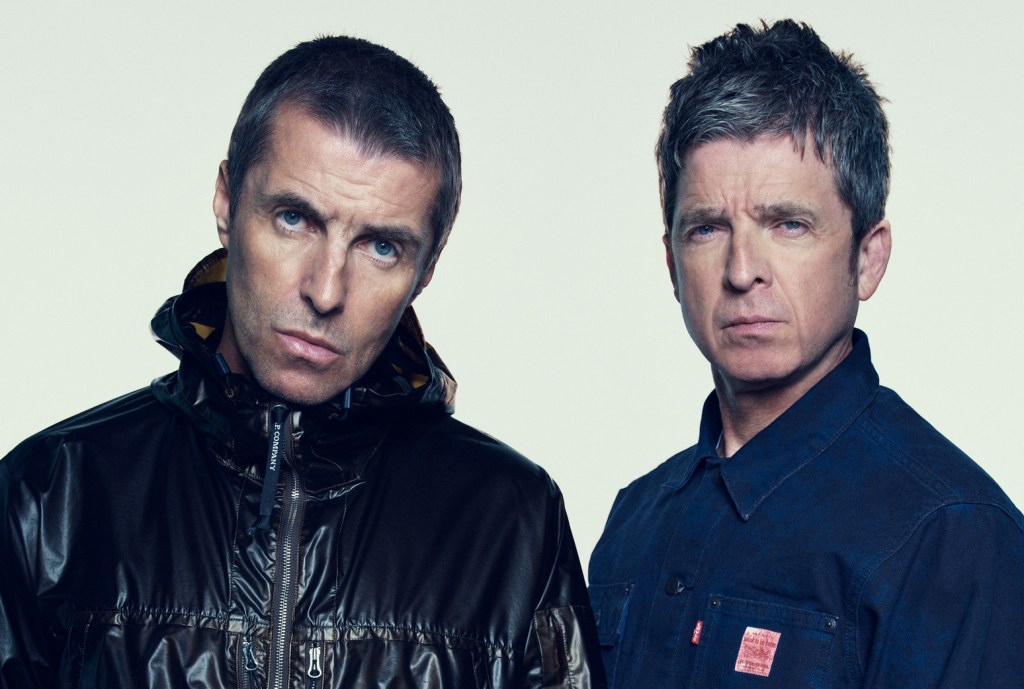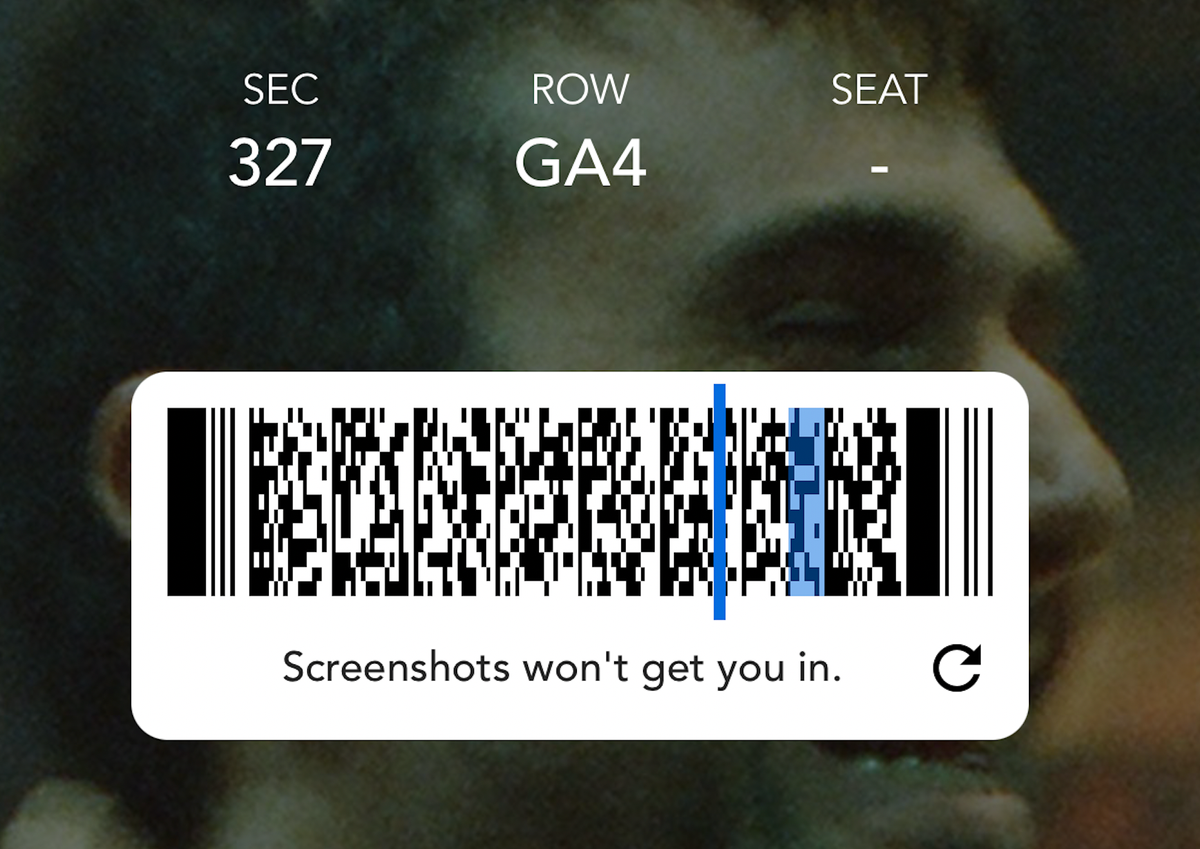The Year In: Combatting scalpers
What is up for debate is whether the ticket companies actually do enough to combat the scalpers or whether they are earnestly trying to win and are failing desperately. Neither bolsters the reputations of Ticketmaster and the competitive set.

Scalpers win again, for the nth year in a row and counting.
Oasis had over 15 years to plan their comeback tour and seemingly were thoughtful and diligent in how they handled resales. But if you followed their social media within 2 weeks of announcing and putting tickets on sale, it was clear they lost the battle immediately.
They did a random ballot for the right to buy tickets - though they struggled to get all the emails out to those who signed up in time. No bother, demand was indeed high.
Of course, many counterfeit tickets showed up on the secondary markets, despite Oasis reminding fans in several stern Tweets:
🚨Please note, Oasis Live ‘25 tickets can only be resold at face value via @TicketmasterUK and @Twickets!
— Oasis (@oasis) August 31, 2024
Tickets appearing on other secondary ticketing sites are either counterfeit or will be cancelled by the promoters.
In doing so, they did not differentiate between fake tickets and both professional ticket profiteers and Oasis fans who couldn't resist Adam Smith's invisible hand. You sell for more than a penny on a platform; we do not recognize your ticket. It is now null and void. I wonder whether this sort of legal approach to ticketing is on most tickets, but most bands don't care to enforce or whether Oasis paid some per-hour suits to draft it up. If you know, let me know!).
They (the Oasis management team - not Liam and Noel specifically) got some salutary press for their might and surely some headaches for actually enforcing it.

Now, surely, there are some Oasis fans who quickly realized they couldn't go or would pass on going and wanted to make a bit of profit on that resale who a) didn't understand the rules and b) would have kept the tickets if they did.
Do they deserve to be punished? Probably not! But they got their money back, so should just consider it a day in the life of an Internet dweller.
What is up for debate is whether the ticket companies actually do enough to combat the scalpers or whether they are earnestly trying to win and are failing desperately. Neither bolsters the reputations of Ticketmaster and the competitive set.
Scalping in its formative sense, which is businesspeople using the system to purchase real tickets for the sole purpose of selling at multiple higher to fans who have been shut out has been around for decades.
Now that ticket purchasing and distribution is digital, the ticket providers can deploy some restrictive technology that makes it difficult or impossible to transfer those tickets to anyone.
Of course, scalpers can use the same technological prowess to fight fire with fire. New publication, 404 Media, had several stories on the scalper beat this year that seemed to suggest that the scalpers had the technological advantage.

Scalpers have figured out how to extract “untransferable” tickets from their accounts by generating entry barcodes on parallel infrastructure that the scalpers control and which can then be sold and transferred to customers.
The story interviewed security researchers who "reverse engineered" the barcodes from ticket providers. So the actual tickets from the providers remain in the brokers wallets, but they generate and send a facsimile to the secondary market purchasers who add the barcode to their wallets and get in. As long as the broker doesn't mistakenly send the same barcode to two recipients, the "transfer" works a charm.
Of course, that's assuming the Ticketmasters of the world don't identify and shut it down at any moment in time. In those scenarios, you assume they would refund the recipient and punish the broker, but what if that concert is a once-in-a-lifetime opportunity (e.g. Taylor Swift eras tour).
The reason why many fans take the risk of seemingly sketchy second-hand sales is because it's their only avenue. Of course, that will always be the case when you're talking about limited capacity events.
Earlier in the year, Jason Koebler (who owns this beat), succinctly pointed out why your average concertgoer loses every battle before it ever begins.

The problem with this is that normal people have one Ticketmaster account tied to one email address and can therefore enter this lottery one time for one specific show. Serious ticket scalpers have many accounts (hundreds or thousands) tied to many different email addresses, with credit cards all over the country and can enter the lottery as many times as they want.
There is a reasonable argument to be had about what to do with scalpers if they are fighting on the same playing field - one person trying to buy one ticket, which they can resell at whatever price they want. But that's not what's happening here - that is no scalable business. They must use technological might to secure enough tickets to make it worth their while. They've around won the war for the next hot tour before the band even announces it.



